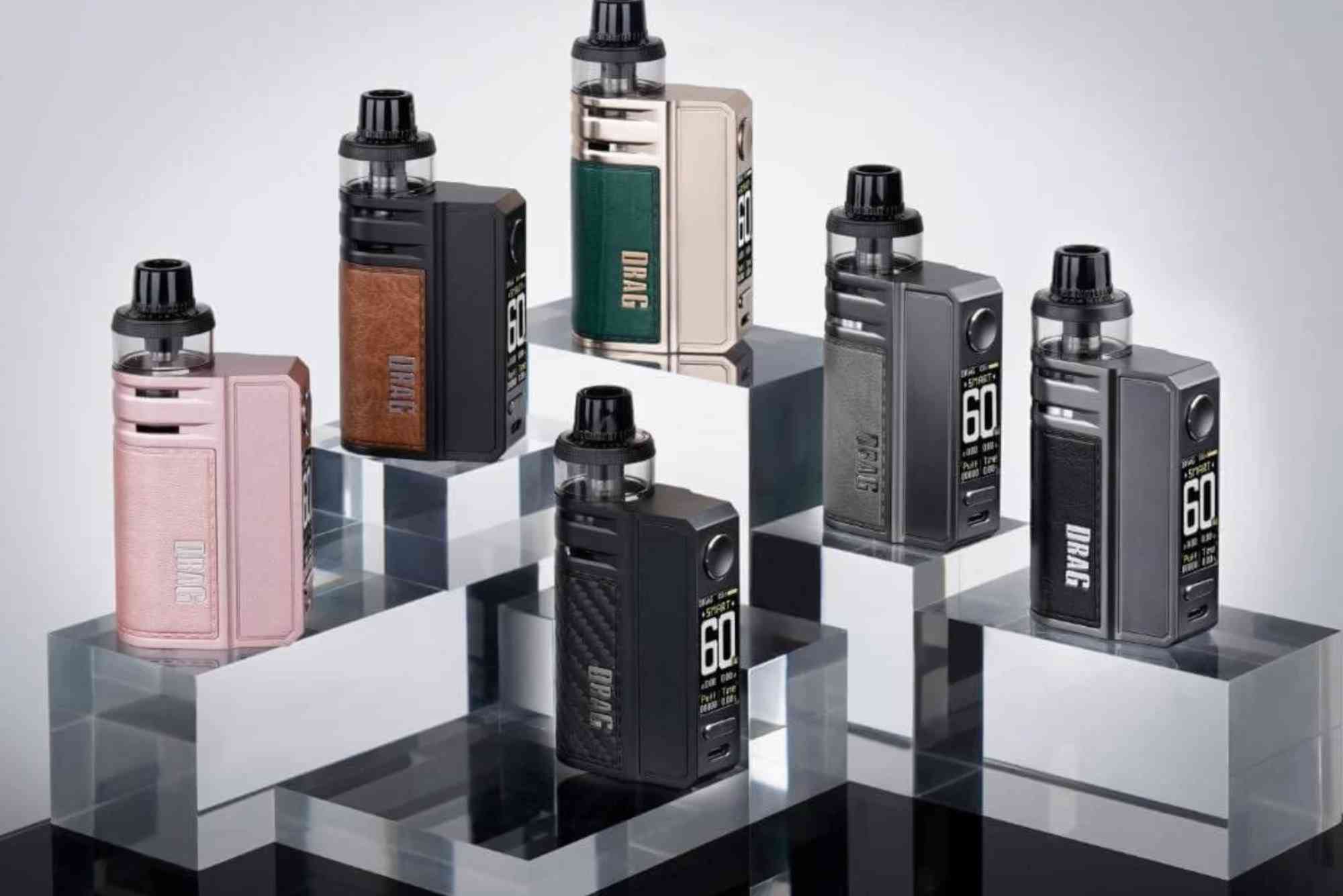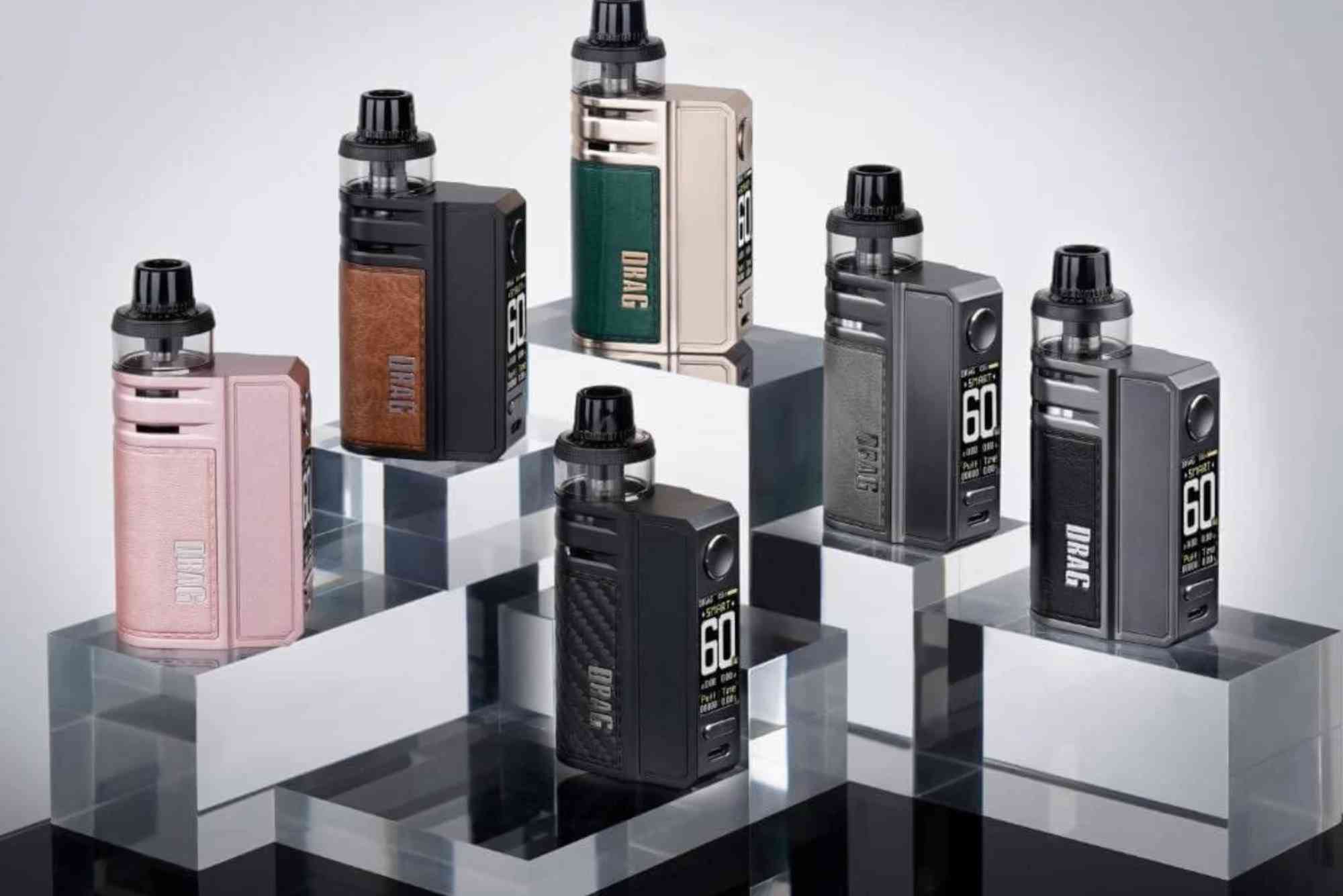Sungrow, a leading supplier of central and hybrid inverters, is setting the standard for product quality in the renewable energy sector through its comprehensive full-process quality management system. This system spans research and development, supply chain management, manufacturing processes, and customer service, ensuring that every phase of production meets the highest standards. In this blog, we explore how Sungrow’s commitment to quality and continuous employee training contributes to superior product performance and customer satisfaction.

Full-Process Quality Management System
Sungrow’s quality management system is structured to cover every aspect of product development and delivery. This holistic approach ensures that quality is a priority from the initial design phase through to the end-user experience.
Key Components of the Quality Management System:
– Research and Development Quality: Ensures that all new products are designed with reliability, efficiency, and user-friendliness in mind.
– Supply Chain Quality: Maintains high standards by selecting and evaluating suppliers based on their ability to meet Sungrow’s stringent quality requirements.
– Process Quality: Applies rigorous standards and continuous monitoring to every stage of the manufacturing process to prevent defects and ensure consistency.
– Customer Quality: Focuses on the end-user experience, ensuring that products meet functional requirements and are supported by excellent customer service.
Commitment to a Quality Culture
Sungrow is dedicated to fostering a quality culture that resonates with every employee. The company’s philosophy of doing it right the first time eliminates inefficiencies and errors, promoting a mindset of excellence across the organization. This culture is supported by comprehensive training programs that equip employees with the necessary skills and knowledge to uphold Sungrow’s quality standards.
Quality Training Initiatives:
– Internal and External Training Programs: Sungrow has developed a range of training courses, both internal and external, that are tailored to enhance skills across various departments and levels of the organization.
– Continuous Learning and Updating: The training programs are regularly updated to reflect the latest industry standards, technological advancements, and best practices.
– Extensive Training Reach: During the reported period, Sungrow completed 178 quality management courses, totaling 3,847 training sessions and 6,165 hours of instruction, emphasizing the scale and depth of its commitment to quality education.
Impact on Product Quality and Customer Satisfaction
Sungrow’s rigorous quality management and employee training programs have a direct impact on product reliability and customer satisfaction. By ensuring that each product is built to the highest standards, Sungrow not only enhances the efficiency and longevity of its inverters but also strengthens customer trust and loyalty.
Benefits to Customers:
– High-Performance Products: Customers receive products that perform reliably under various conditions, reducing downtime and maintenance costs.
– Enhanced Customer Support: Well-trained staff can provide more effective solutions and assistance, improving the overall customer service experience.
– Long-Term Reliability: The focus on quality at every stage of production ensures that Sungrow’s products are durable, offering long-term benefits to users.
Conclusion: Leadership Through Quality
Sungrow’s comprehensive approach to quality management sets it apart in the hybrid inverter market. Through its full-process quality management system and ongoing commitment to employee training, Sungrow not only meets but often exceeds industry standards, providing customers with exceptionally reliable and efficient solar energy solutions. As the company continues to innovate and expand, its focus on quality remains a cornerstone of its success and a key factor in shaping the future of solar technology.




